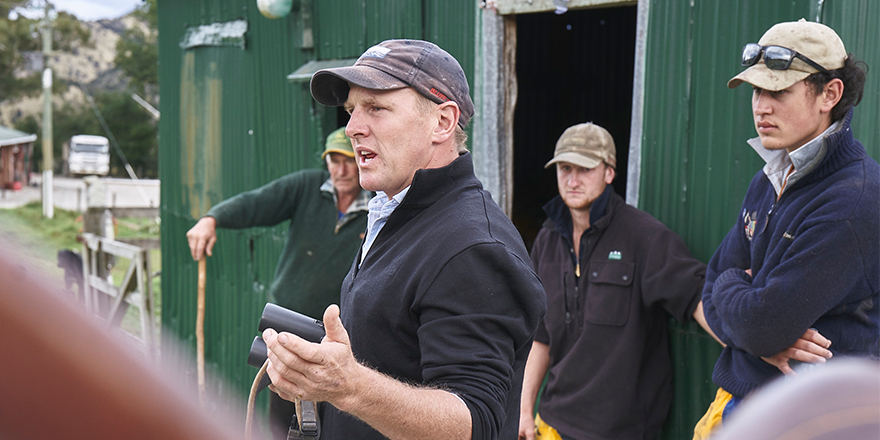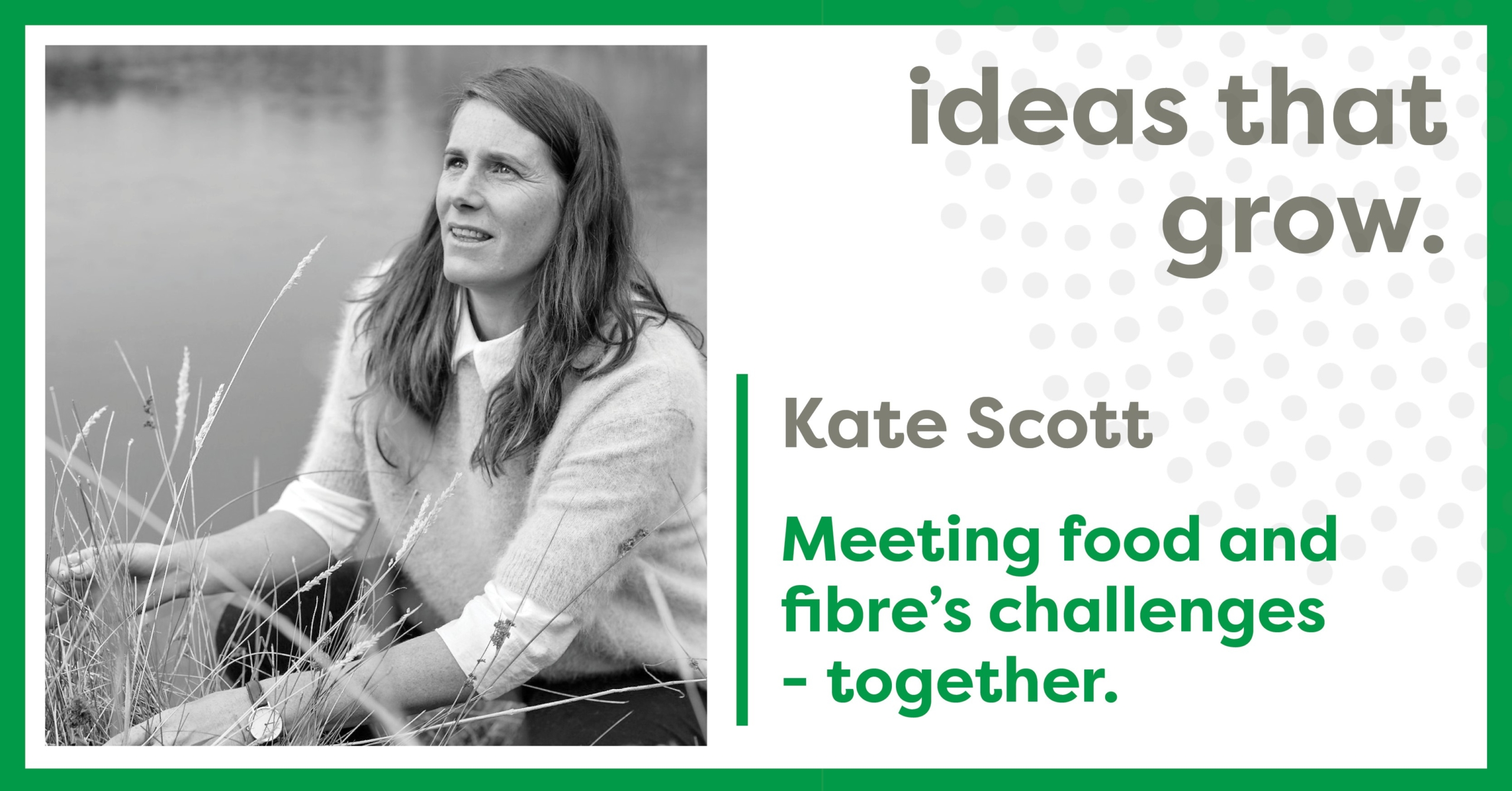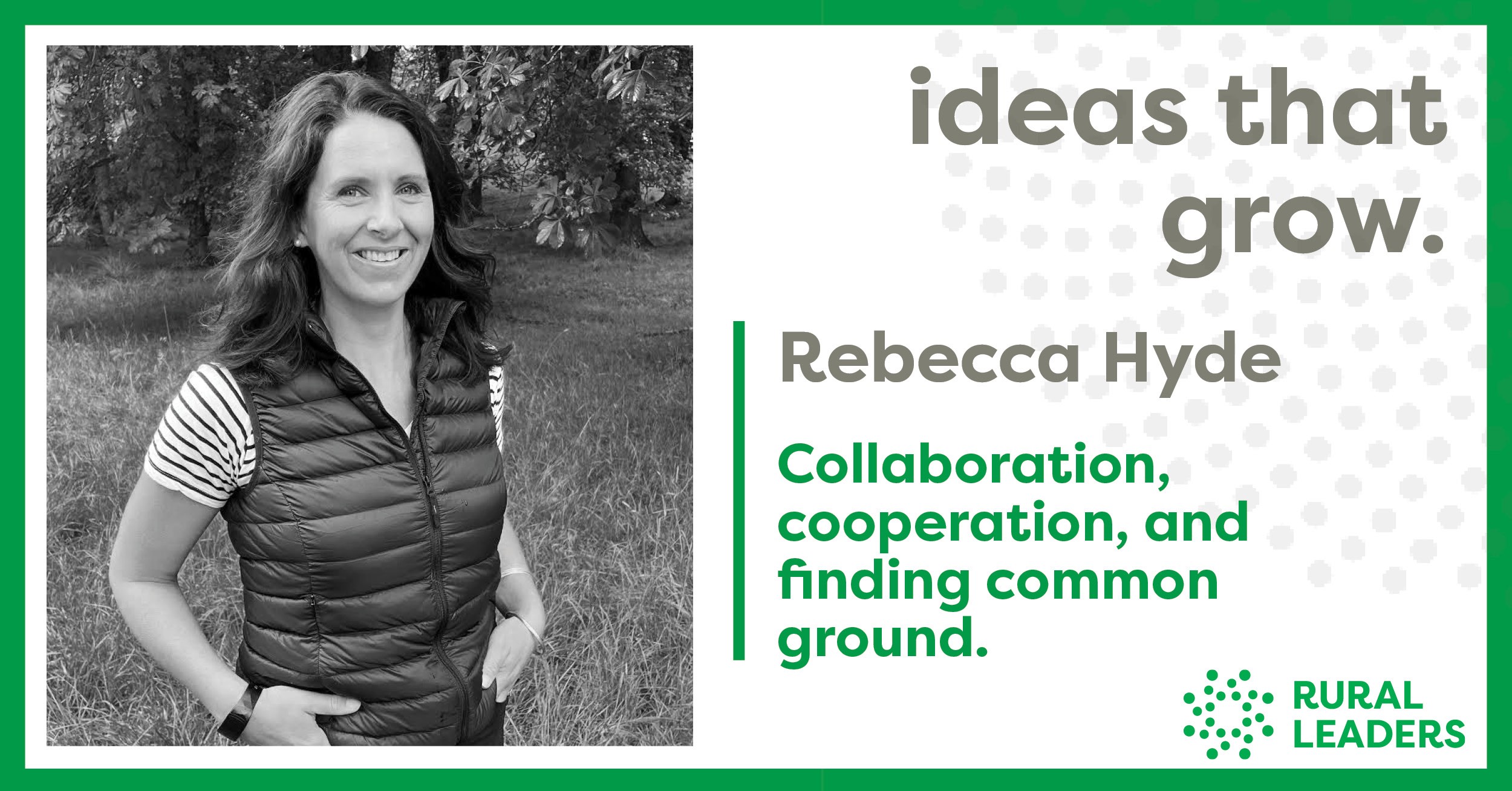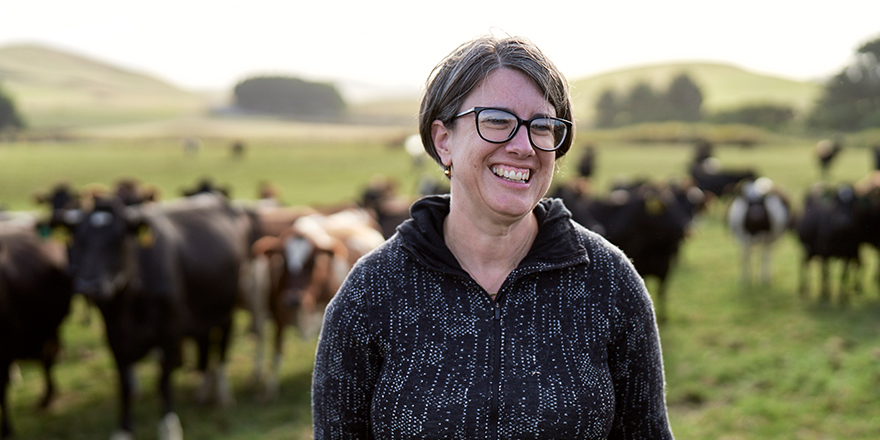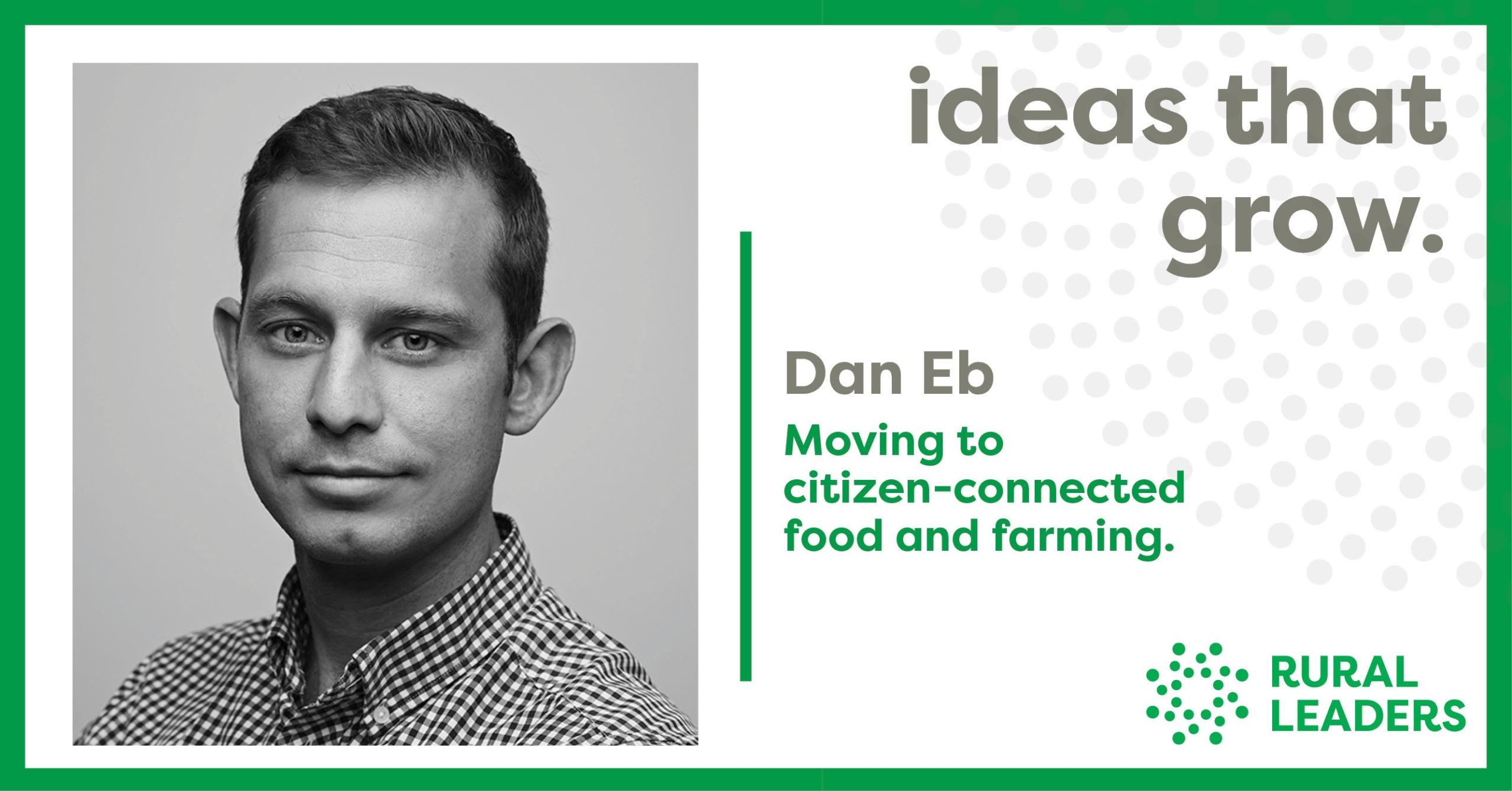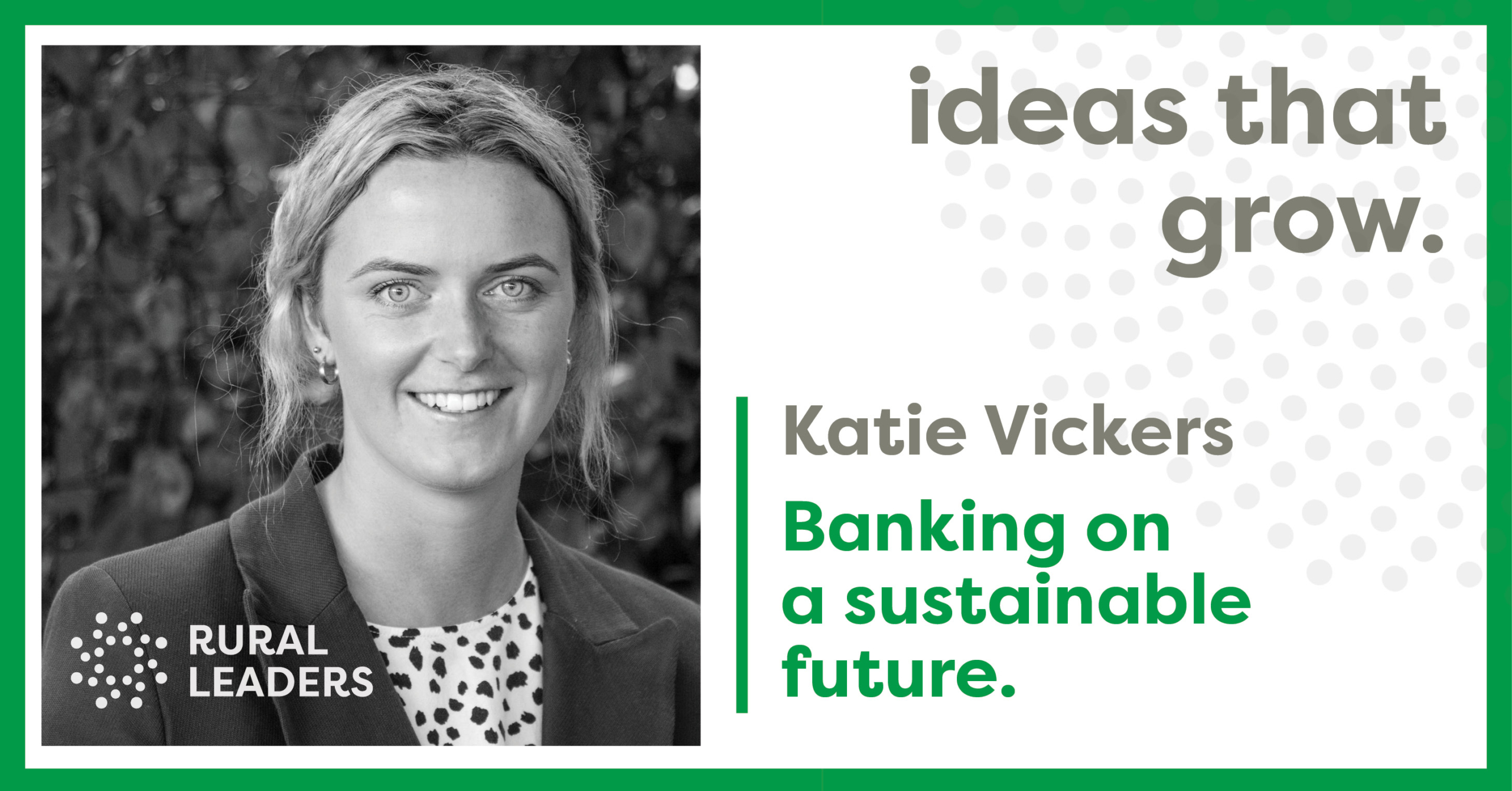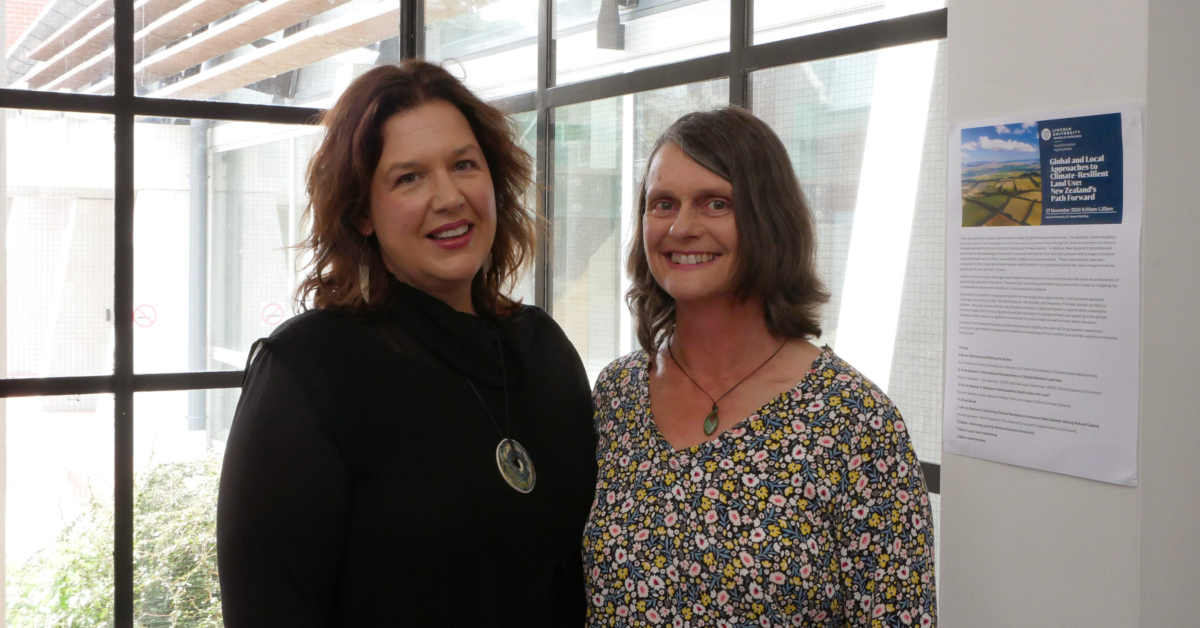
As the effects of climate change and economic instability become harder to ignore, it’s clear that the current models of economics and land use are proving challenging. Enter Angela Clifford and Alison Bentley, two forward-thinkers who are shaking up how we think about local economies, food systems, and sustainable land use.
Their ideas offer an alternative vision for a future where community-based economies and small-scale farming can not only help us better contend with climate crises but could also transform the way we live, eat, and work.
The Missing Link: Community-Based Economies.
Angela Clifford, CEO of Eat New Zealand, has been championing the power of local economies for years. In her view, traditional economic models are overly focused on macro-level concerns like national GDP, and micro-level issues, like business profits. But there’s a massive gap in between: the community economy. This often-overlooked space is where, Clifford argues, the real power lies, particularly when it comes to addressing environmental and social challenges.
For Clifford, redefining economic success isn’t just about how much a country makes or how many businesses thrive. It’s about creating systems that prioritise sustainability, local self-reliance, and social equity.
But Clifford’s vision goes beyond just localising industry; she sees a radical rethinking of food systems as central to building climate resilience. Despite the growing urgency around food security and sustainability, little has been done to strengthen local food systems, she argues.
Small Farms: Big Impact.
Alison Bentley, a small-scale farmer from Tikitere Farm near Rotorua, is proving that small farms can be a game-changer for climate resilience. Through her research with the Kellogg Rural Leadership Programme, Bentley has been exploring the role of small-scale farming, especially on plots of 10 hectares or less, in building a more sustainable food system. Unlike larger scale commercial agriculture, which can depend on chemical-intensive practices, Bentley argues, small-scale farming often works in harmony with natural ecosystems, fostering biodiversity and improving land use resilience.
“An increase in scale is more of the same to gain efficiency, whereas an increase in scope can give us diversity and resilience”, Says Bentley. In other words, rather than always pushing farms to become bigger and more industrialised, we should be looking for ways to diversify farming practices to build long-term resilience. By aligning farming methods with the natural capabilities of the land, small-scale farms could deliver more sustainable and climate-resilient outcomes.
One of the key issues Bentley identifies is the underuse of “lifestyle blocks”, small rural properties that often sit idle or are used for residential purposes rather than food production. In New Zealand alone, there are 870,000ha in such blocks on productive land, with 140,000ha on prime land. And just 10% of this land is run by landowners serious about producing a primary income from their blocks. The other 90%, if managed properly, could become a vital resource in strengthening local food systems and reducing reliance on large-scale agricultural exports.
Bridging Urban and Rural Food Systems.
But there’s a catch: connecting these small-scale producers to urban markets. As cities grow and sprawl outwards, rural land gets encroached upon, and small farmers face significant challenges in accessing urban consumers who increasingly want locally grown, chemical-free food. Bentley’s Kellogg research highlights a growing demand for this kind of food, but there are major obstacles to getting it to the people who want it, infrastructure, limited market access, and high transaction costs are just some.
Still, Bentley is optimistic. There’s a clear market for sustainably grown local food, and consumers are often willing to pay a premium for it. What’s needed is a rethinking of food systems that can help small-scale farmers tap into that market while overcoming the logistical barriers that can stand in the way.
A New Economic Framework.
Both Clifford and Bentley advocate for a new economic framework that goes beyond GDP and focuses on values like environmental sustainability, local self-reliance, and social equity. Clifford believes that, in the face of climate change, it’s more important than ever to build local systems that can withstand global disruptions. For Bentley, small-scale farming offers a practical way to increase food security, reduce carbon footprints, and create stronger communities.
While neither discount the importance of New Zealand’s food and fibre exports to our economy, they both argue that we do need to think differently about how we use land and produce food.
A Path Forward: Empowering Communities, Supporting Small Farms.
Together, Clifford and Bentley make a compelling case for reimagining the future of food and land use. Their vision isn’t just about protecting the environment or boosting local economies, it’s about creating a more resilient, equitable society where both people and the planet can thrive.
They conclude by stating that by empowering small-scale farmers, supporting community-based economies, and rethinking how we use our land, we could build a future where local food systems play a central role in creating more sustainable and just communities. Food for thought.
You can read more on the subject in Alison Bentley’s 2023 Kellogg Report here.
